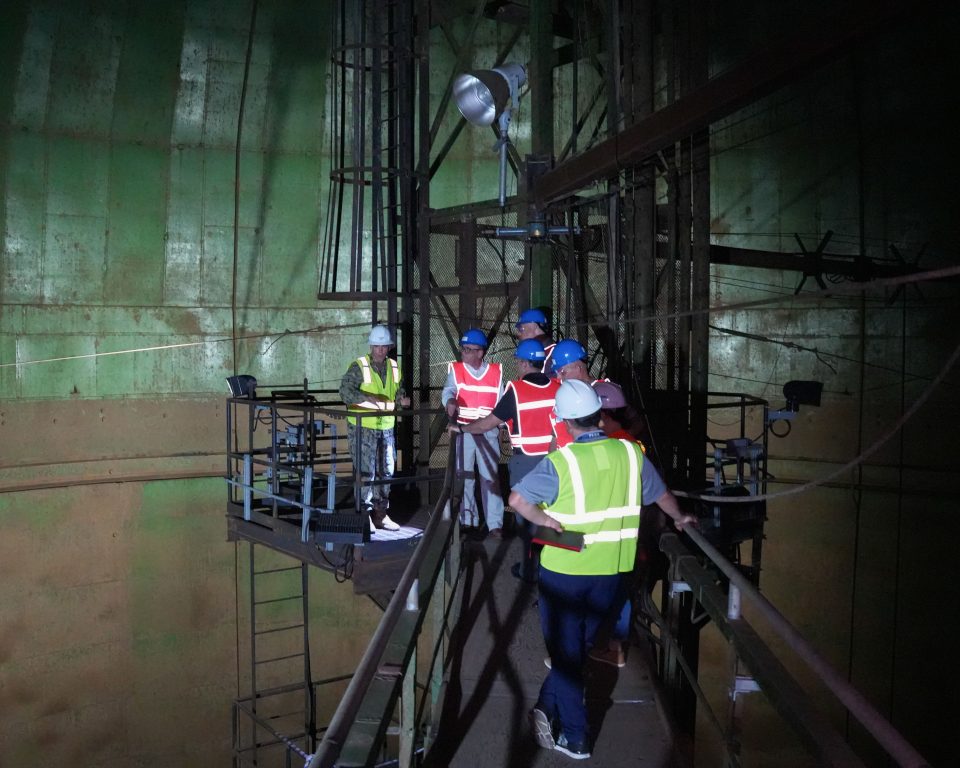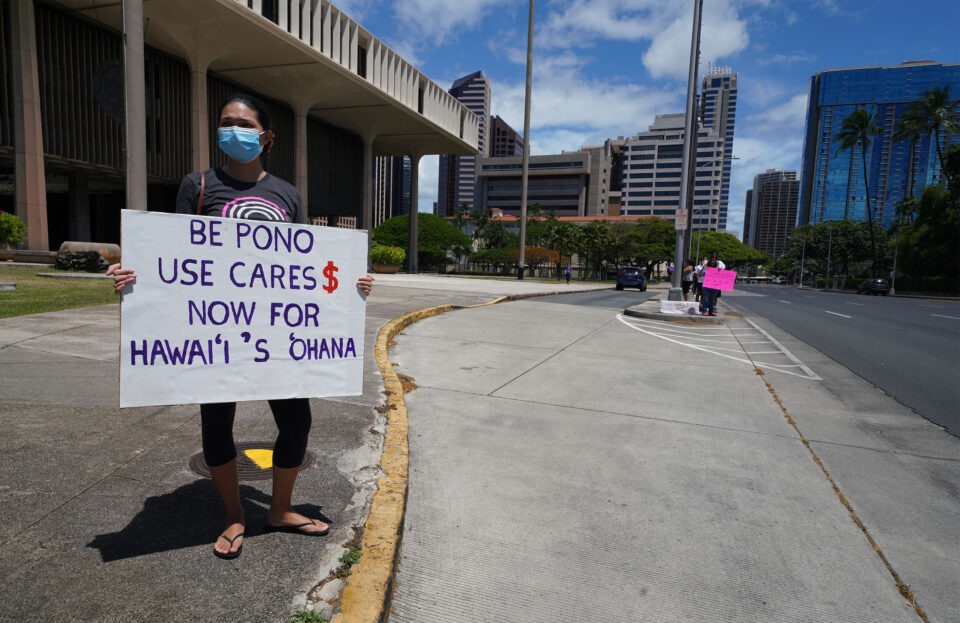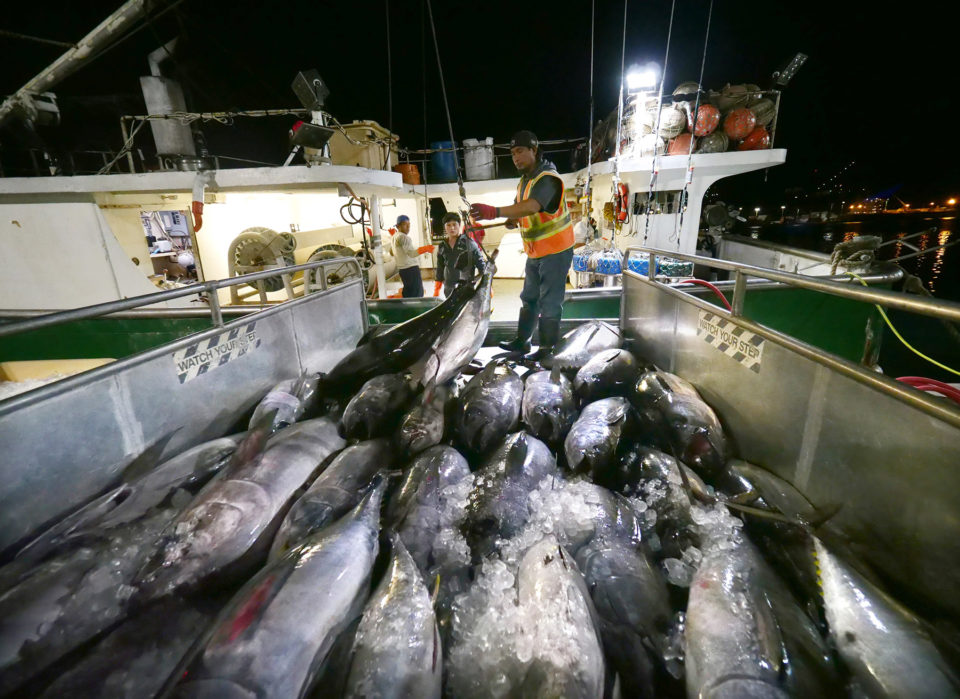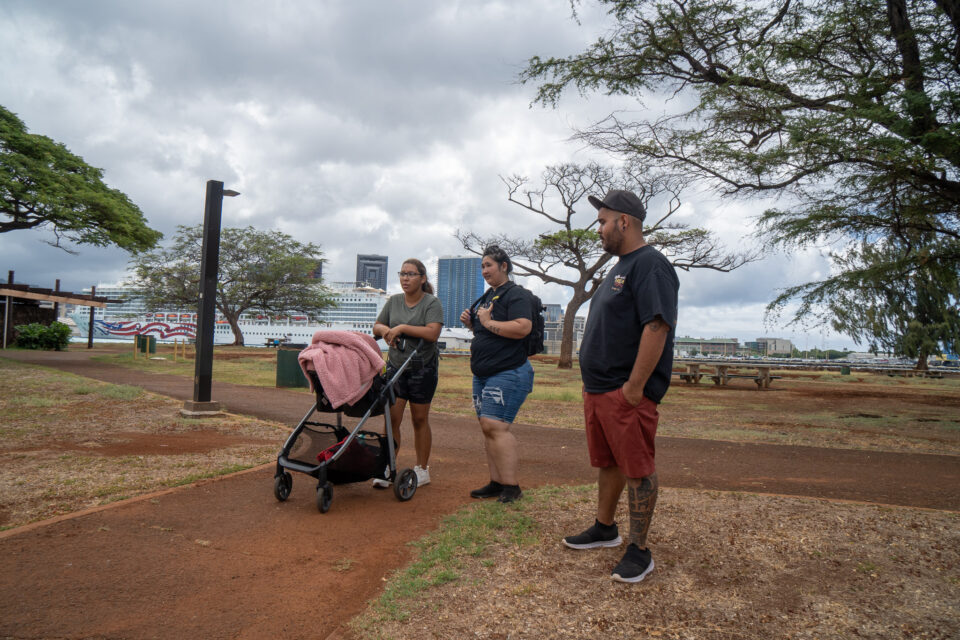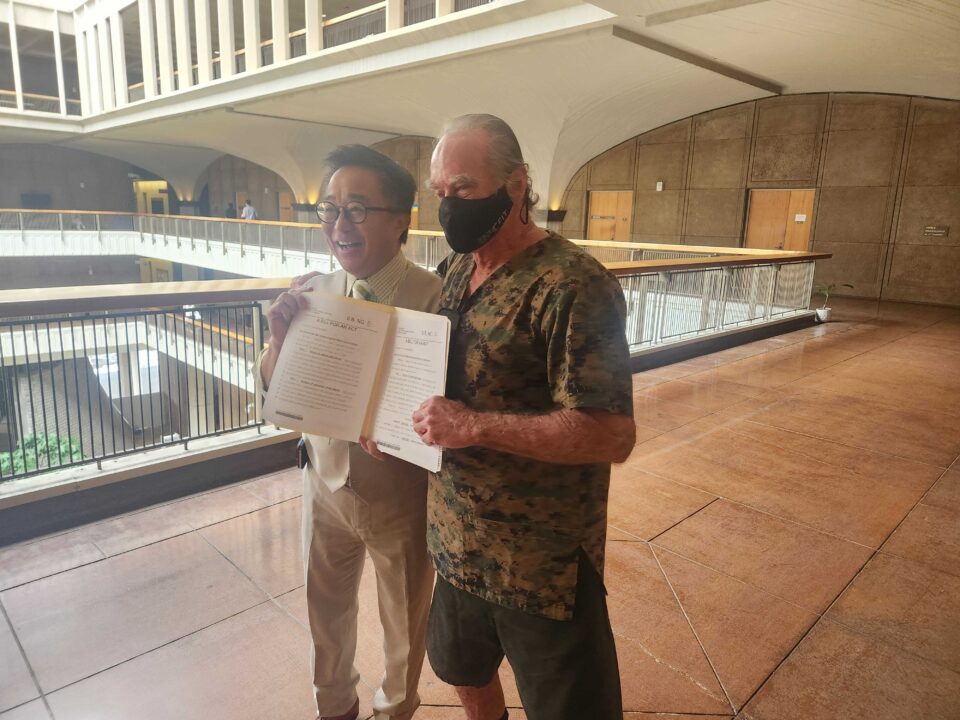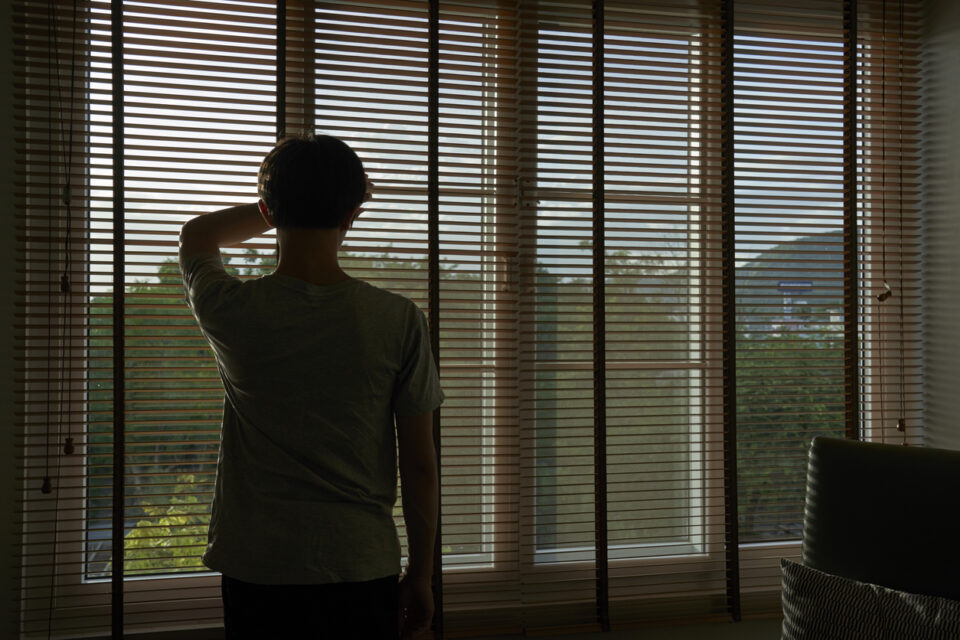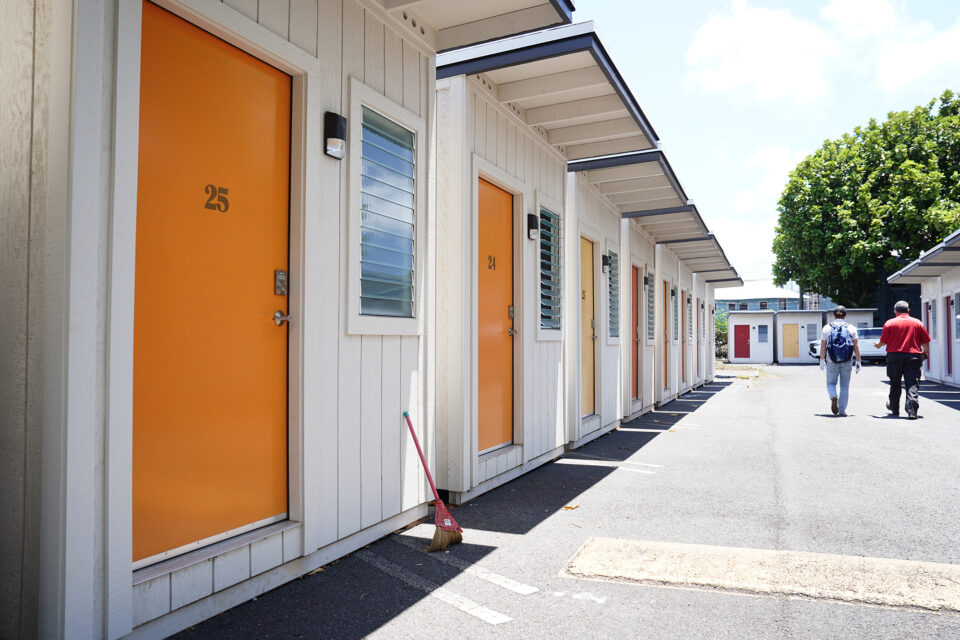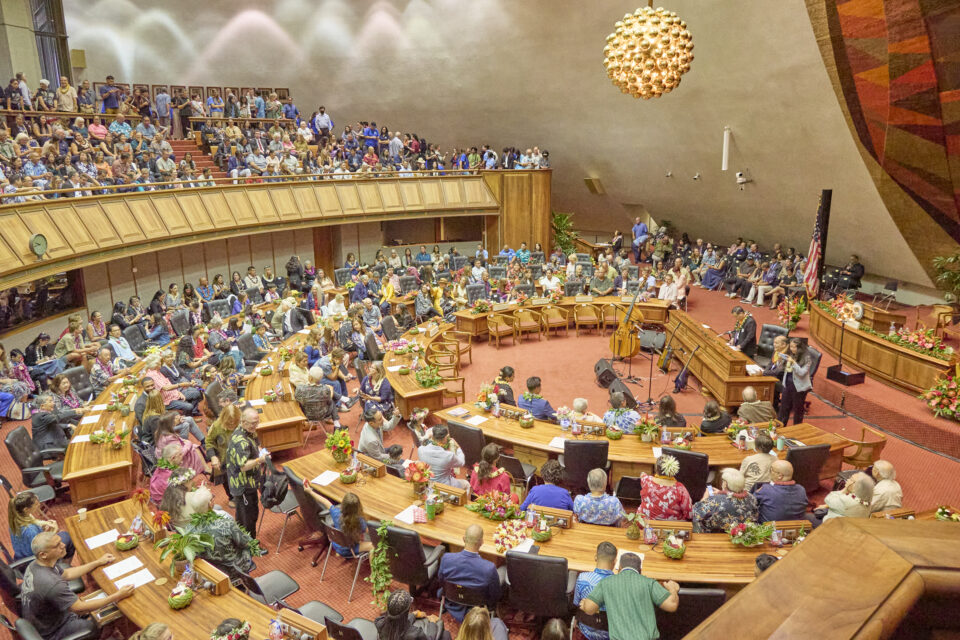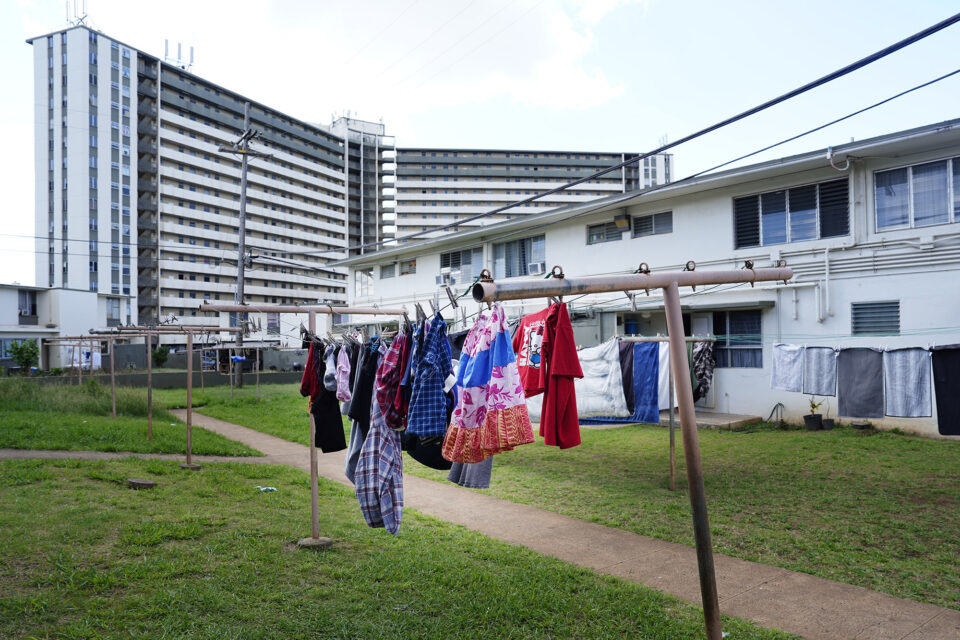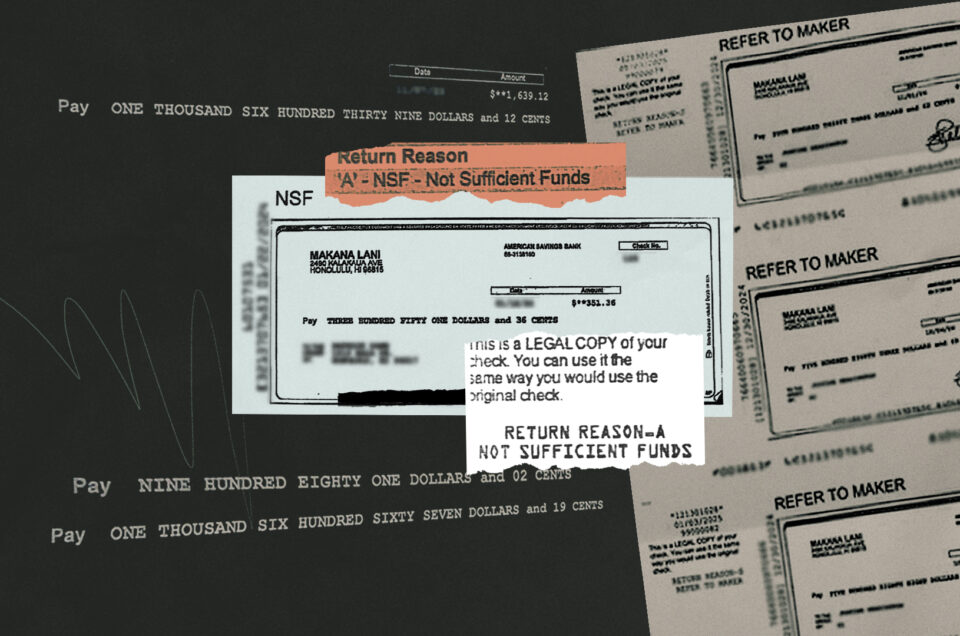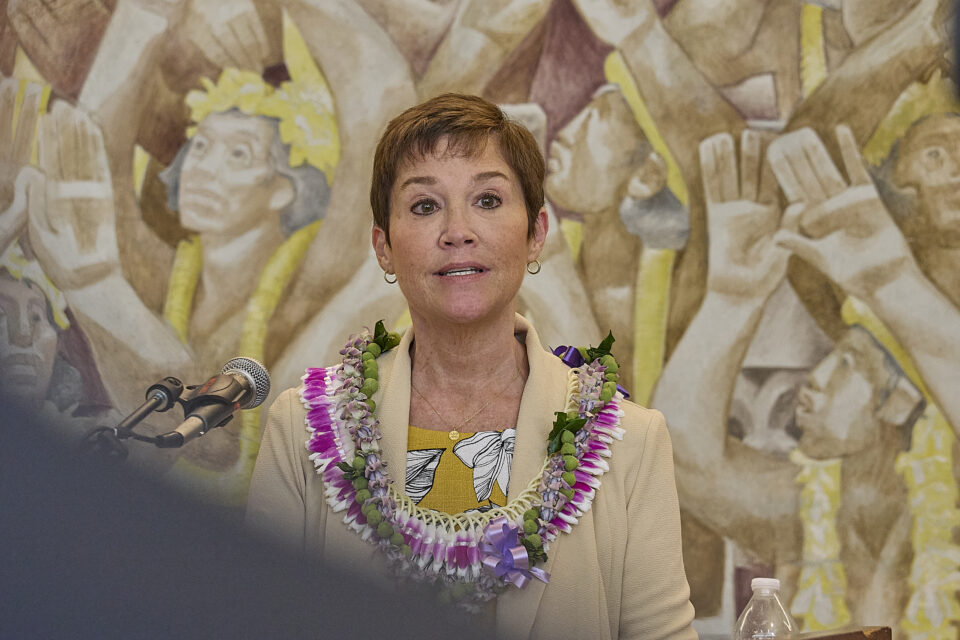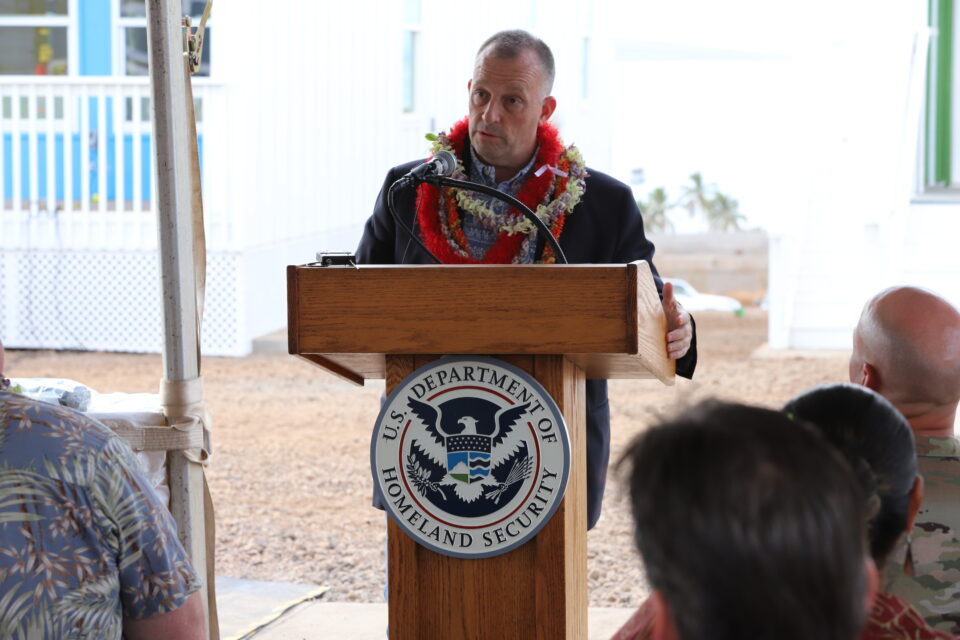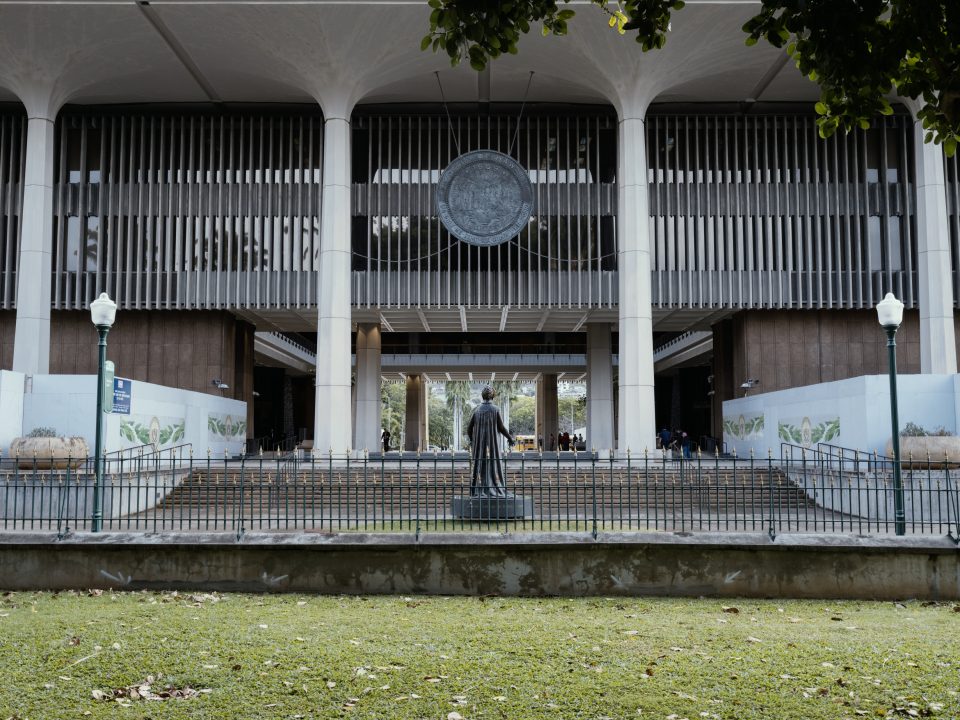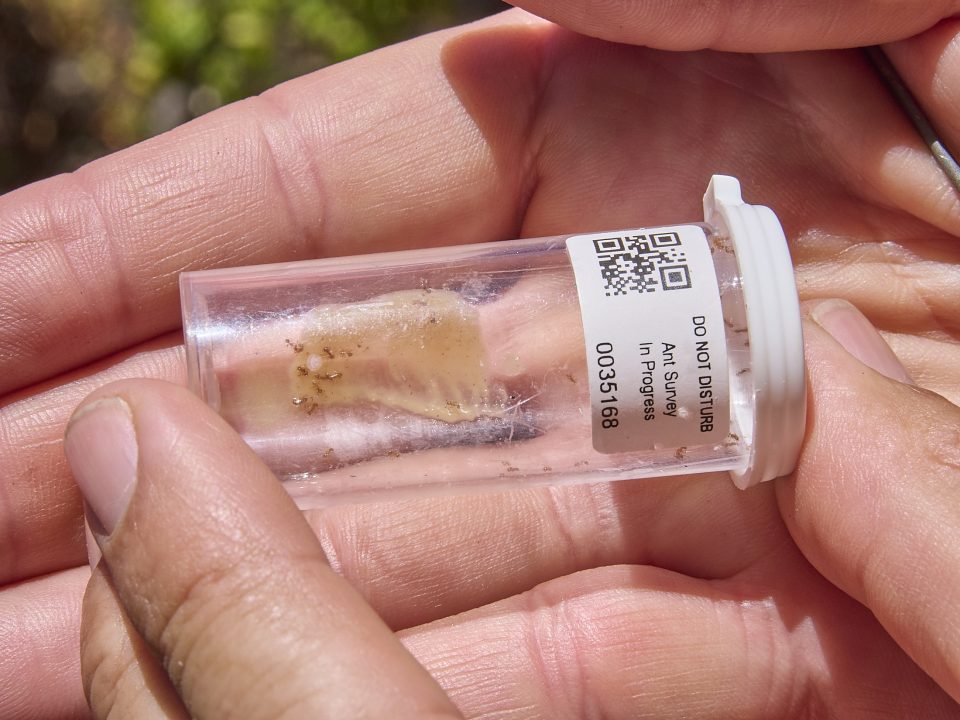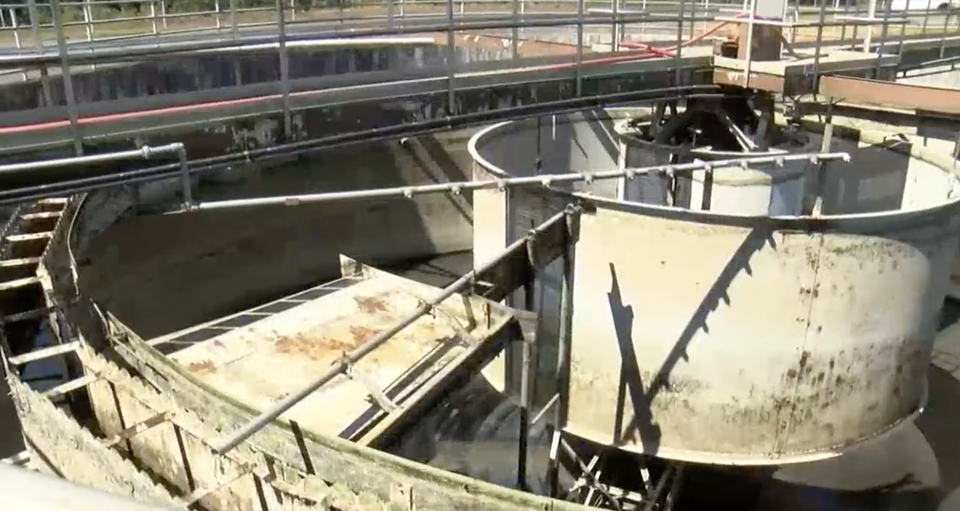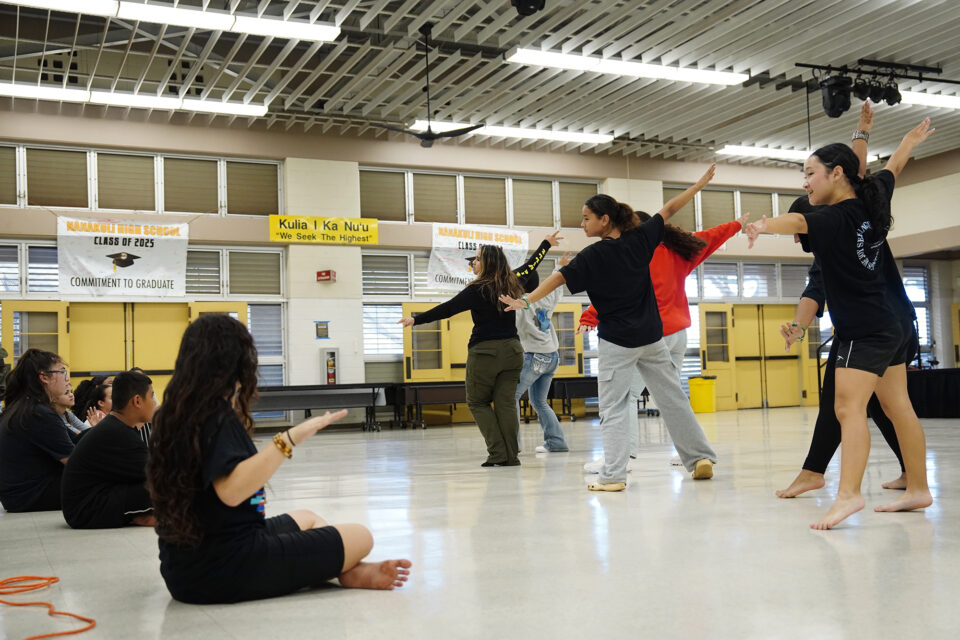Impact
Here at Honolulu Civil Beat, we are proud to produce journalism that makes a real difference to people in Hawaiʻi. Our work regularly holds government accountable, informs advocates and inspires community action. We monitor the impact of our work based on three core metrics: reach, engagement, and action.
Action is tangible change spurred by our journalism. Our stories inspire legislation, reforms, studies and collective action. But they also prompt everyday action from everyday people: joining a volunteer group because of an issue you learned about from our articles, calling your elected representatives, or advocating for yourself and your community.
Engagement is the intensity of reaction to a story, how often it is shared, and how much interaction it sparks. Engagement could include anything from debate in the moderated comments section below each article, to conversation about our articles in virtual and in-person neighborhood groups, to discussion on social media and attendance at our community events.
Reach is the number of individuals who come into contact with our editorial content — whether on our website, which reaches millions of people a year; our email newsletters, which have thousands of subscribers; on social media; or in other media outlets when they republish or link to our work. We know that when more people read our articles, the public conversation becomes more informed and nuanced.
If you take action based on something you read in Civil Beat, send an email to let us know!
Impact Highlights
Legacy Impact: Red Hill Closure
Civil Beat’s dogged investigation into the Red Hill water crisis has contributed to the defueling and shutdown of the U.S. Navy facility where fuel leaked into an Oʻahu aquifer in 2021. Our reporting roused community protests, prompted action from Hawaiʻi’s state Legislature and congressional delegation, was cited by the EPA and in a lawsuit against the Navy, and encouraged a whistleblower to speak to us on the record. Civil Beat continues to report on Red Hill to maintain accountability and safety for Hawaiʻi’s people and wai (water).
Legacy Impact: $1M for Pacific Islander Communities
In 2020, Civil Beat reported that Pacific Islanders (excluding Native Hawaiians) were more than twice as likely to be killed or hospitalized by COVID-19 than other racial and ethnic groups in Hawaiʻi. The U.S. Department of the Interior allocated over $1M in CARES Act funding to address this issue — and cited Civil Beat’s reporting in their decision.
Legacy Impact: Wespac Audit
Civil Beat’s 2019 investigation into the Western Pacific Regional Fishery Management Council (Wespac) revealed potential conflicts of interest, political favoritism and a lack of accountability. Our reporting prompted a U.S. Department of Commerce audit which found Wespac’s grant documentation was “inadequate,” with one out of every six dollars in Wespac expenses questionable for a total of $1.24M over a 10-year period. Members of Congress introduced a bill to address the problems Civil Beat uncovered.
Recent Impact
September 2025: Family History Rediscovered
After 150 years of searching, a California family found out what happened to a missing great-great-grandfather thanks to Civil Beat’s “Dead Letters” series, which reported on Americans who died in Hawaiʻi in the 1800s. The family previously thought this ancestor had abandoned his wife and children, and said that discovering the truth was healing.
August 2025: Support for Homeless Woman
Civil Beat wrote about a Hilo family’s struggle to bring home their aunty who ended up on the streets of Oʻahu. After reading our article, a local psychiatrist helped locate the woman and persuade her to access behavioral healthcare and get connected to services.
June 2025: Police Transparency
A new law requires police to post notices on homes they’ve entered to perform warranted or warrantless searches, and close the door on their way out. Testimony and lawmakers cited Civil Beat’s reporting as an inspiration for the bill; specifically a 2022 article about a Honolulu man whose home was searched without his knowledge or consent and without a warrant.
June 2025: Task Force for Foster Youth
In the last two years, more than two dozen children have slept in offices or hotels when families, guardians, and the foster system could not meet their basic needs, according to the Hawaiʻi Department of Human Services (DHS). When Civil Beat inquired into this problem, DHS ordered the formation of an internal task force to explore solutions.
June 2025: CRB Defense Plan
Civil Beat received a tip about coconut rhinoceros beetles (CRB) in urban Honolulu — an issue the city was unaware of until we shared the information. The city and state later announced they will discuss a joint effort to create a barrier of palm trees protected against CRB.
May 2025: Increased Biosecurity Funding
The state Legislature allocated 44 new positions, and $26M in funding, for biosecurity over FY26 and FY27, supercharging the Department of Agriculture and Biosecurity’s abilities to stop the spread of invasive species throughout the islands. These changes, originally suggested in Governor Green’s proposed budget, were attributed in part to Civil Beat’s reporting.
May 2025: Task Force for Building Permits
Following Civil Beat’s dogged reporting on Honolulu County’s notoriously troubled Department of Planning and Permitting, the Legislature established a task force “to identify actions taken, challenges encountered, and legislative measures necessary to facilitate, expedite, and coordinate” a more efficient permitting process.
April 2025: New Kauhale Policy
Civil Beat reported in depth on issues with the state kauhale program, including runaway costs, lack of transparency, and changes in leadership. Ultimately the Legislature passed a bill dictating that publicly funded kauhale must have multiple bidders, be on-grid, have regular audits, and allow neighborhood input.
April 2025: Revoked Licenses for Sex Offenders
House and Senate conference committees approved SB 1373, which would allow the state to automatically revoke some professional licenses of registered sex offenders. The bill cites a Civil Beat investigation as evidence for the need of the bill.
March 2025: Accountability for Tenants
Civil Beat brought to light the plight of public housing tenants at Kūhiō Park Terrace, who received wrong information and inadequate resources from the Housing Authority as they tried to relocate ahead of the housing complex’s demolition. Three weeks after our report, the state suddenly swapped out the company overseeing the Kūhiō Park project.
February 2025: Permit Violations Exposed
Civil Beat revealed that the popular house-flipping show “Renovation Aloha” had sidestepped Honolulu’s notoriously long permitting wait times by renovating before a permit was issued — leaving the buyers at risk of shoddy construction, insurance denials, liability for repairs and city fines. Our reporting prompted the Department of Planning and Permitting to revoke permits and issue at least 9 violation notices to the house flippers.
February 2025: Action on Alleged Wage Theft
Civil Beat profiled former employees of a restaurateur who they said owes them unpaid wages from over a year ago — in some cases into the thousands of dollars. The Hawaiʻi Workers Center shared our article and launched a public campaign around the issue of wage theft.
January 2025: Proposed Government Contractor Transparency
Civil Beat found that the University of Hawaiʻi’s contract with an executive search firm sidestepped the state’s open records law — making it difficult to investigate how UH selected a new president who had twice been accused of discrimination. Our reporting inspired introduction of a bill that sought to prevent government agencies from hiding behind private contractor agreements.
December 2024: Affordable Housing Extended
Civil Beat reported on the plight of the Honolulu YMCA’s low-income tenants who faced sudden eviction after the Y announced it was unable to continue subsidizing their rent. Thanks to our report, the Statewide Office on Homelessness and Housing Solutions stepped in to cover the subsidy for three months, and to help impacted tenants find longer-term housing solutions.
December 2024: Proposed Funding for The State Fire Marshal's Office
Civil Beat reported on concerns that the Office of the State Fire Marshal was severely underfunded at just $172K. After our article, Gov. Josh Green’s office released funds that had been in limbo, adding $2.2M to the Fire Marshal’s budget. The State Fire Council noted that Civil Beat played a role in the added funding.
December 2024: Proposed Bill for Government Accountability
A 2024 investigation by Civil Beat and The New York Times exposed how a loophole in campaign finance law had allowed pay-to-play politics to continue in Hawaiʻi. In response to our work, the Legislature introduced a bill to close the loophole.
December 2024: Proposed Biosecurity Funding
Thanks in part to Civil Beat’s ongoing, in-depth reporting on biosecurity and invasive species, Gov. Josh Green’s proposed budget allocated $12.7M each fiscal year for 44 oversight positions and to fund biosecurity efforts at the Department of Agriculture; and $4.1M for the Hawai‘i Invasive Species Council.
November 2024: Wastewater Treatment Plant Improvements
Cesspools and sewage spills have long endangered the environment on Hawaiʻi Island. Following Civil Beat’s reporting on these issues, Hawaiʻi County entered into an agreement with the Environmental Protection Agency to fix the island’s wastewater treatment plants.
October 2024: After-School Program Funding Restored
Civil Beat’s report on proposed funding cuts to after-school programming drew public outcry. In response, the Department of Education said it will continue to request state funding for school learning centers after all in an effort to continue the program.


